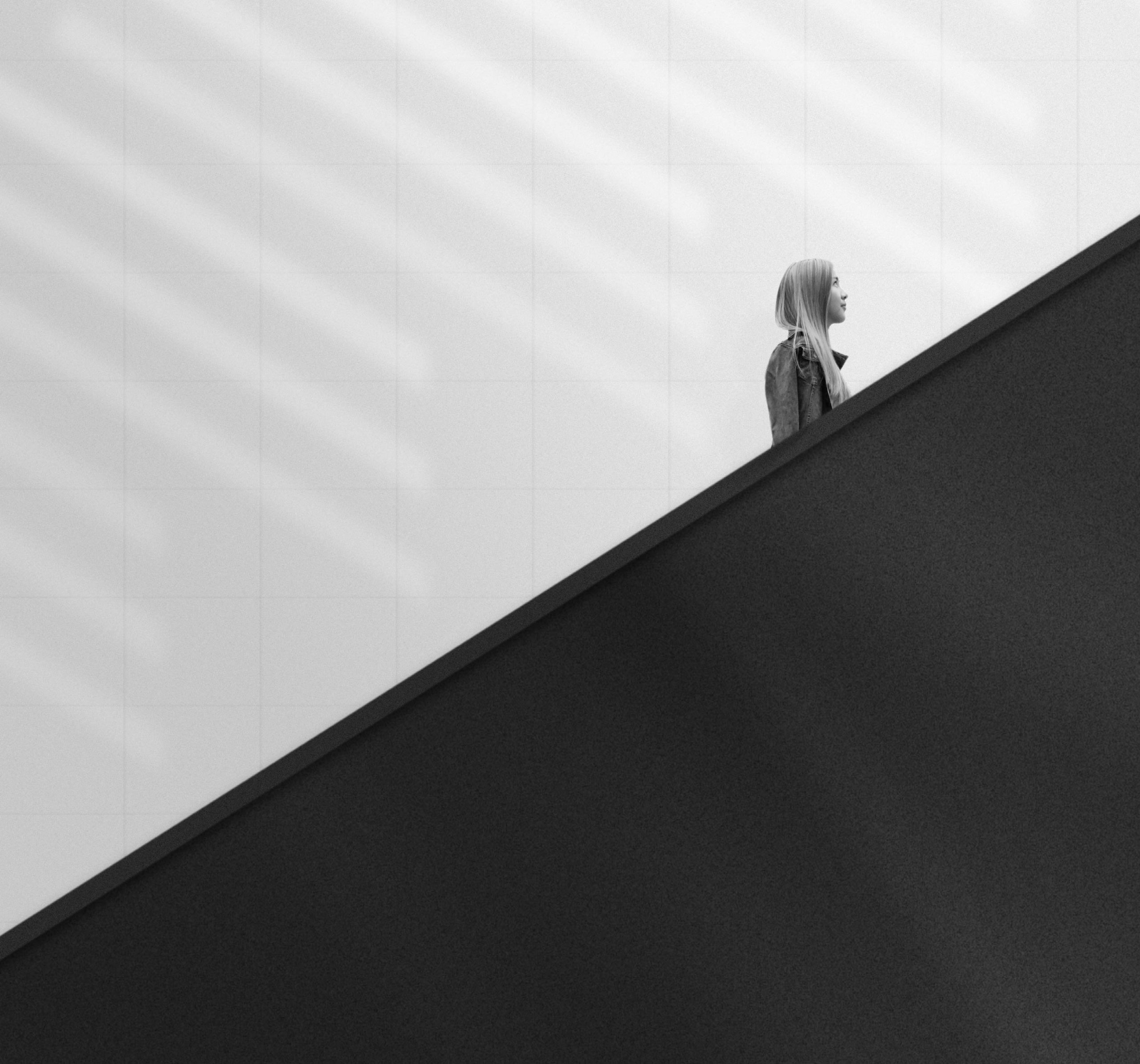
04 Modern Mindset principle: Plasticity
Do we think our mindset is our biggest asset or our biggest liability? Could this consequently have any impact on our lives? Does it even matter in this day and age?
At the beginning of our childhood, our minds are instinctively highly inquisitive. Asking hundreds of questions every single day is second nature at this stage. Our curiosity peaks just before we enter the education system, where we are told what and when we need to learn and then evaluated on how well we remember it. As a result, our curiosity slowly begins to decline due, at least in part, to a shift towards a lot more structured approach to information. Our education hands us a framework. We are given rules to follow. We are essentially trained to embrace existing knowledge primarily through memorization and somewhat to accept that we might not always be fully supported or encouraged to follow our curiosity wherever it may take us.
By prioritizing a standardized way of learning over spontaneity of curiosity and inquiry, our own ability to ask good questions and to think independently lessens over time. As a result, most of us lose the ability to think outside of the box because we simply become confined within it. Then we are encouraged by society to take a specific path forward. One that looks just like the structured framework of education itself — do the work that’s asked of you, then and there. Therefore, through education and employment, each generation reinforces a culture that is mainly accustomed to repetitiveness, obedience and passivity. A culture that still mostly buys into an idea that mindsets come in one form — a fixed one.
A fixed mindset belongs to those of us who believe that our character traits, talents, skills, and even emotions are a given. That together, they define our predestined identity. Then, on the other hand, some of us understand that this belief is a self-perpetuating limitation on the path to a truly fulfilled life; and are now living examples of the growth mindset. They live with the understanding that anything can be changed, adjusted, and improved, which opens the door to a whole new world of possibilities for them — a world where perspective, potential and plasticity reside. And when all intertwine, it’s an exciting, incredible, and rewarding space to find oneself in:
Perspective — Curiosity helps us learn and acquire new information, and critical thinking helps us evaluate that information objectively. When these two are combined, we can form our independent point of view and gain a solid perspective.
Potential — The concept of eudaimonia speaks of the notion that living in accordance with one’s character leads to fulfilling one’s potential and ultimately to happiness. Therefore finding our core authenticity by understating individuation is crucial. Then connecting this self-awareness with a thorough reality check and accountability gives us the foundation for our self-realization and fulfilling our unique potential.
Plasticity — It’s the ability to adapt to our environment physically and mentally. The combination of a growth mindset (which helps us progress and stay motivated), and emotional intelligence (which helps us understand and manage our emotions), will allow us to guide our potential and our context even further.
Only when we stay truly curious throughout our lives can we acquire new knowledge and understand that our minds and lives thrive with the right mindset. Only then can we find what is needed to essentially become unstoppable as we carve our paths to success, whatever they might be. Because while knowledge is the currency, mindset is what keeps paying the dividends.
